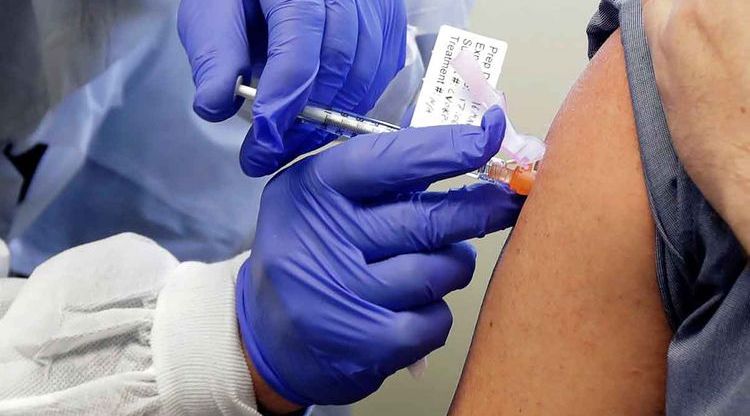Researchers from all across the world are racing against time to bring out vaccine for Covid-19 at the earliest to combat the pandemic wave. Large scale trials are ongoing to detect the safety and efficacy of the vaccine candidates. The World Health Organization is currently tracking 196 vaccine candidates, of which 42 are under clinical trials on humans, and eight in final stage. These trials would be followed by individual authorization.
The UK-based biotech firm’s vaccine candidate, which is in its final stage of trials, has been working towards speeding up its safety and efficacy level which is being carried out by VIVO, a unit of pharmaceutical services group Open Orphan. Once done, it said it would approach the authorities for approval for “human challenge”, in which volunteers are deliberately infected with the virus to see the impact of vaccine.
“We are in discussions with numerous parties including the UK government around a COVID-19 challenge study, and once any of those contracts are signed we will make an announcement," said Open Orphan’s executive chairman, Cathal Friel.
The advocates of ‘human challenge’ said that it would cut short the often lengthy process of testing potential vaccines by injecting tens of thousands of volunteers in the real life and observe if they contract the virus or are immune from it. Critics of this practice call it highly unethical.
Last month, AstraZeneca, Sanofi, BioNTech, Moderna and Inovio, who have been developing vaccine candidates, said that they are not associated with the program. Besides, AstraZeneca and the University of Oxford, which have developed a vaccine based on a virus taken from chimpanzees, halted their trials for a week after one volunteer fell ill – it discontinued in US but still going in the UK. Another, Novavax, said that it would be launching a larger phase three trial after a observing the results of the study of 10,000 volunteers in the UK.
China and Russia both have already approved some vaccines but for limited usage. The Wuhan Institute of Biological Products used the vaccine on health workers in the United Arab Emirates, and said that the Chinese government approved its use on more than 100,000 people. CanSino Biologics is testing its vaccine on Chinese soldiers. In the eastern Chinese city of Yiwu, hospitals have already started offering a coronavirus vaccine to the general public, without completed clinical trials.
Russian President Vladimir Putin has claimed the Russian Gamaleya Research Institute’s vaccine was approved in August, named it “Sputnik V”, Unfortunately the claim was false as it has not been approved.
Serum Institute of India (SII) said that it would be procuring 60-70 million doses of Oxford vaccine Covishield by December, which would be available in Market by March 2021. The time between December to March would be used for gaining required licensing. Indian government has also entered agreements like WHO’s COVAX, Dr Reddy’s agreement with Russia for Sputnik V to get vaccines for 25 crore people by July 2021.
Pfizer CEO Albert Bourla said in an open letter, "So let me be clear, assuming positive data, Pfizer will apply for Emergency Authorization Use in the US soon after the safety milestone is achieved in the third week of November.” But experts warned that it would take many months before it the vaccine is widely available.
Even if the vaccine is out soon, it might not mean end of the pandemic as the scientist said that the flu vaccines are only 50% effective. Many said that vaccines might not be bullet-proof solution to the virus. While vaccines are a crucial tool against the virus, experts advised people to continue practising preventive measures like masks and distancing. "It's welcome news that there will be one more thing that can help prevent Covid transmission," said Priya Sampathkumar, an infectious disease doctor and professor at Mayo Clinic.
 AR
AR UR
UR
